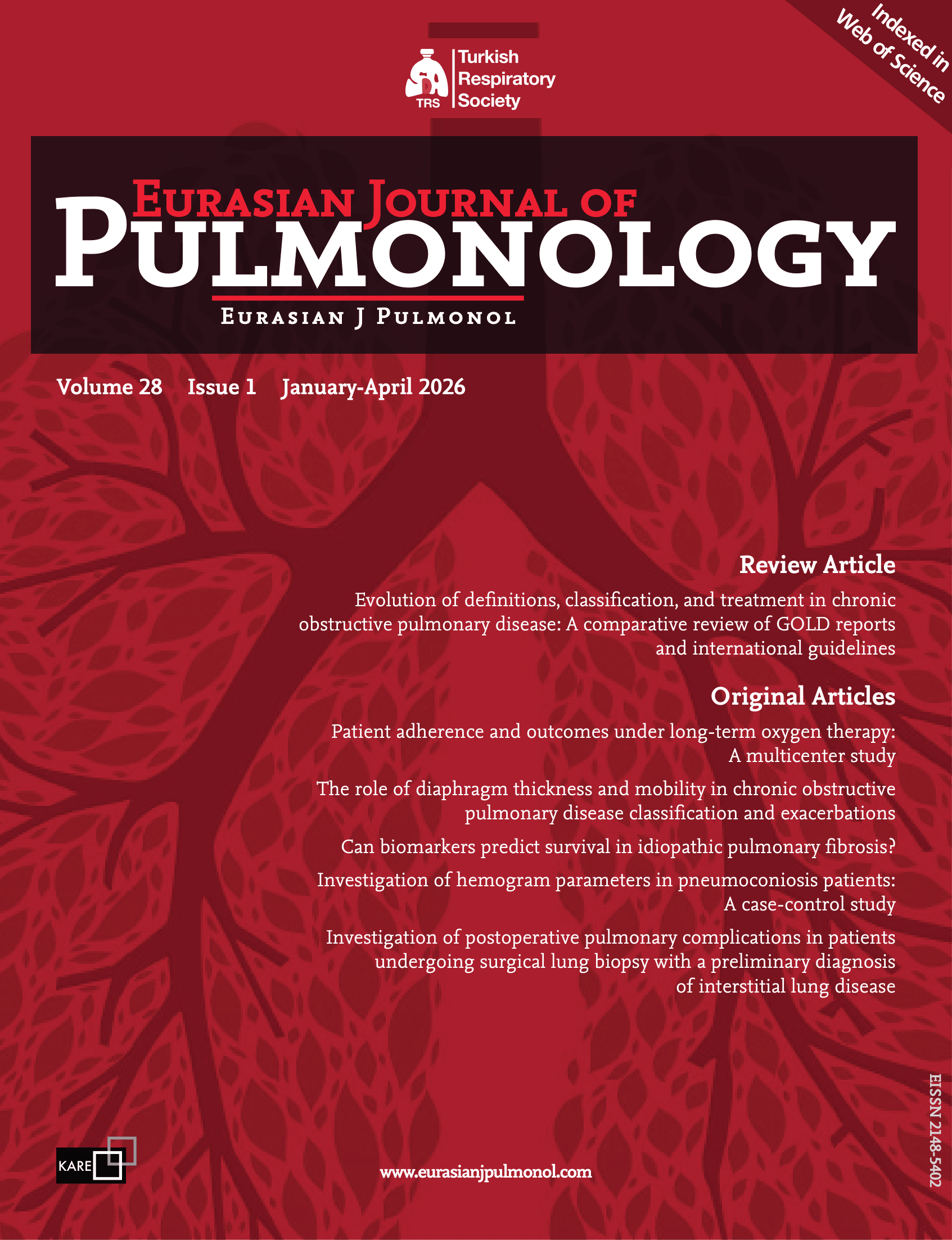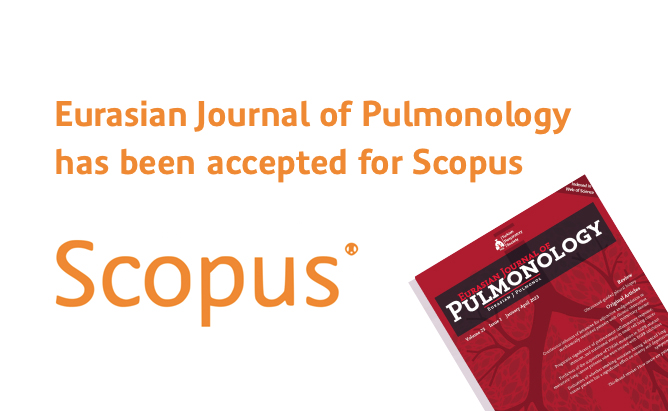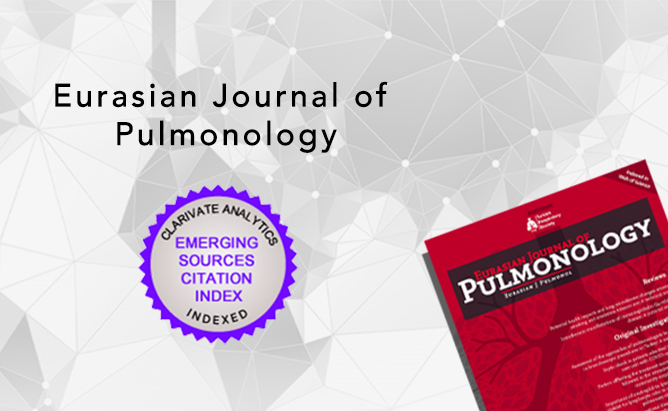Abstract
Background: Chronic lung diseases such as bronchiectasis (BR) can adversely affect health-related quality of life (HRQOL), but there are limited studies conducted to investigate HRQOL in elderly BR patients. This study aims to investigate the HRQOL in elderly patients with BR and to assess its relationship with clinical outcomes and radiological findings. Materials and
Methods: A total of 74 elderly BR patients involved in the study. BR was diagnosed using high-resolution computed tomography, and all patients were evaluated with the Short Form-36 (SF-36) questionnaire. Symptoms, pulmonary function tests, BR Severity Index (BSI), Reiff's score, and medical treatments were recorded.
Results: The mean age of the patients was 70.1 ± 5.0 (range: 65–89) years, and 41 (55.4%) were men. The mean SF-36 Physical Component Summary (PCS) and Mental Health Component Summary (MCS) scores of the 74 elderly patients with BR were 36.6 ± 11.2 (range: 16.3–70) and 44.8 ± 8.9 (range: 23–59.6), respectively. All of the SF-36 subscale results except physical functioning subscale were lower in elderly patients with BR than in the normal Turkish elderly population. There was a major difference in the pain domain between males and females (57.9 ± 27.7 vs. 43.9 ± 27.6, respectively; P = 0.035), but there was no other significant difference between SF-36 domains by gender. The BSI was strongly correlated with all SF-36 subscales. There were statistically significant correlations between Reiff's score, forced expiratory volume in 1 s percent predicted value, forced vital capacity percent predicted value, and number of admissions to the emergency room in the previous year and some SF-36 subscales (P < 0.05). However, there was no correlation between age and PCS, MCS, or SF-36 subscales.
Conclusion: Our study demonstrated that elderly patients with BR had poorer HRQOL scores. The BSI, Reiff's score, and pulmonary function tests were correlated with the SF-36 domains.




 Elif Yelda Niksarlioglu1
Elif Yelda Niksarlioglu1 




